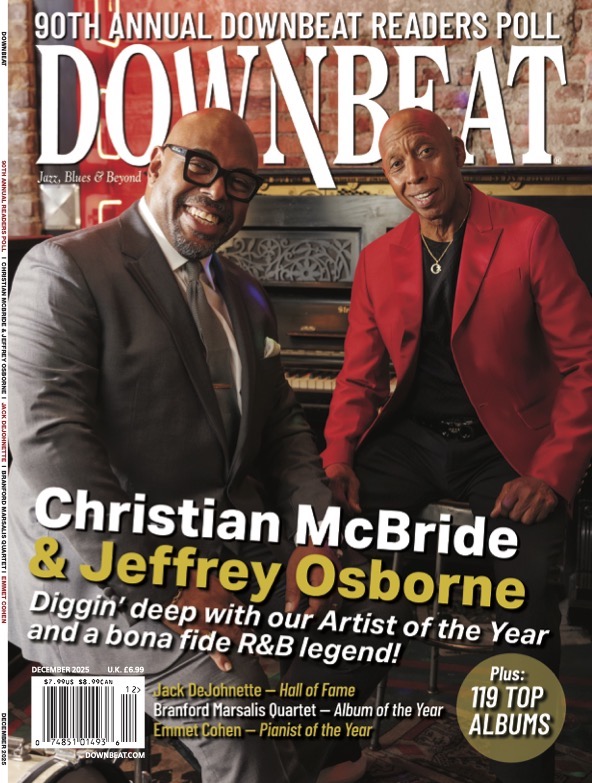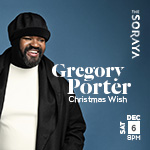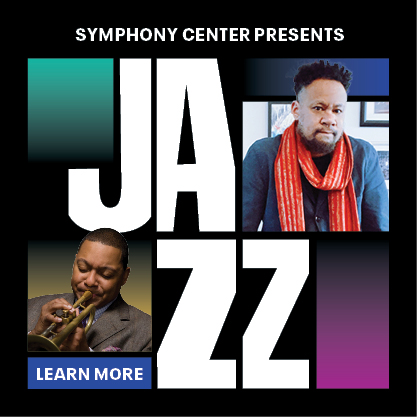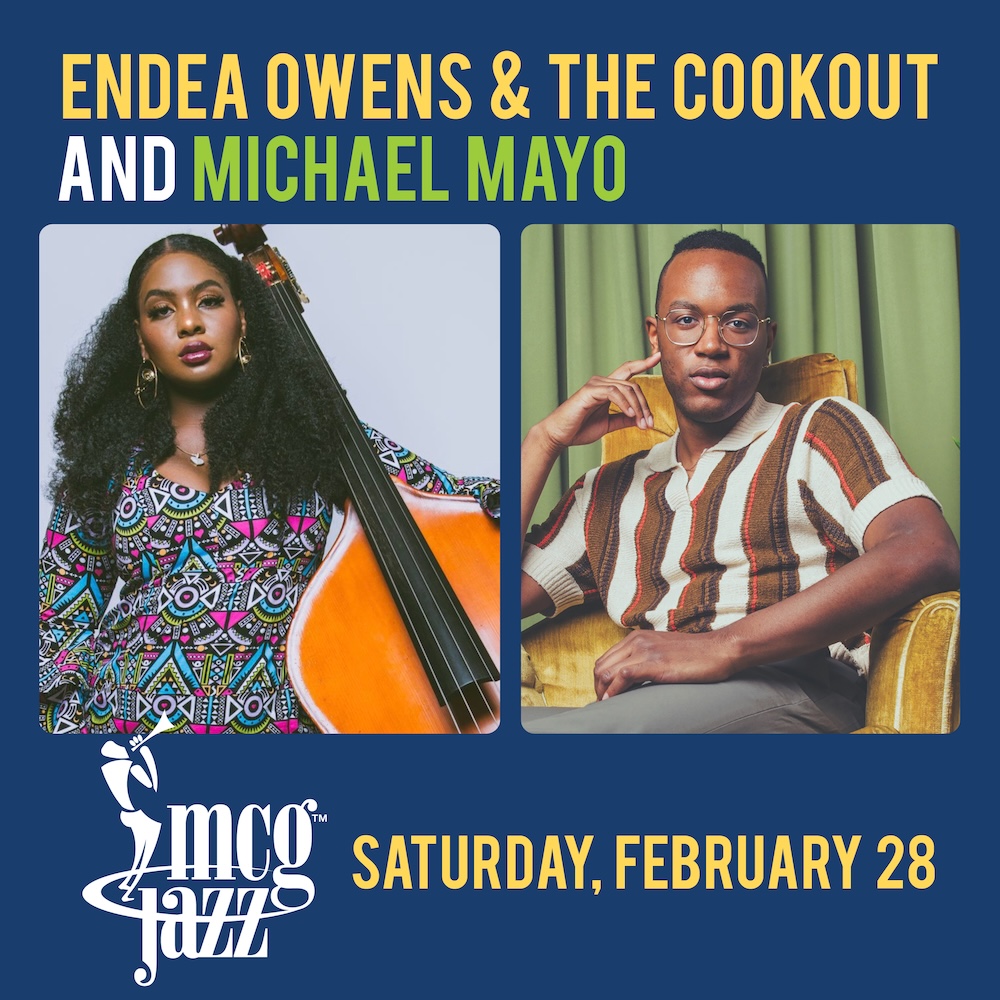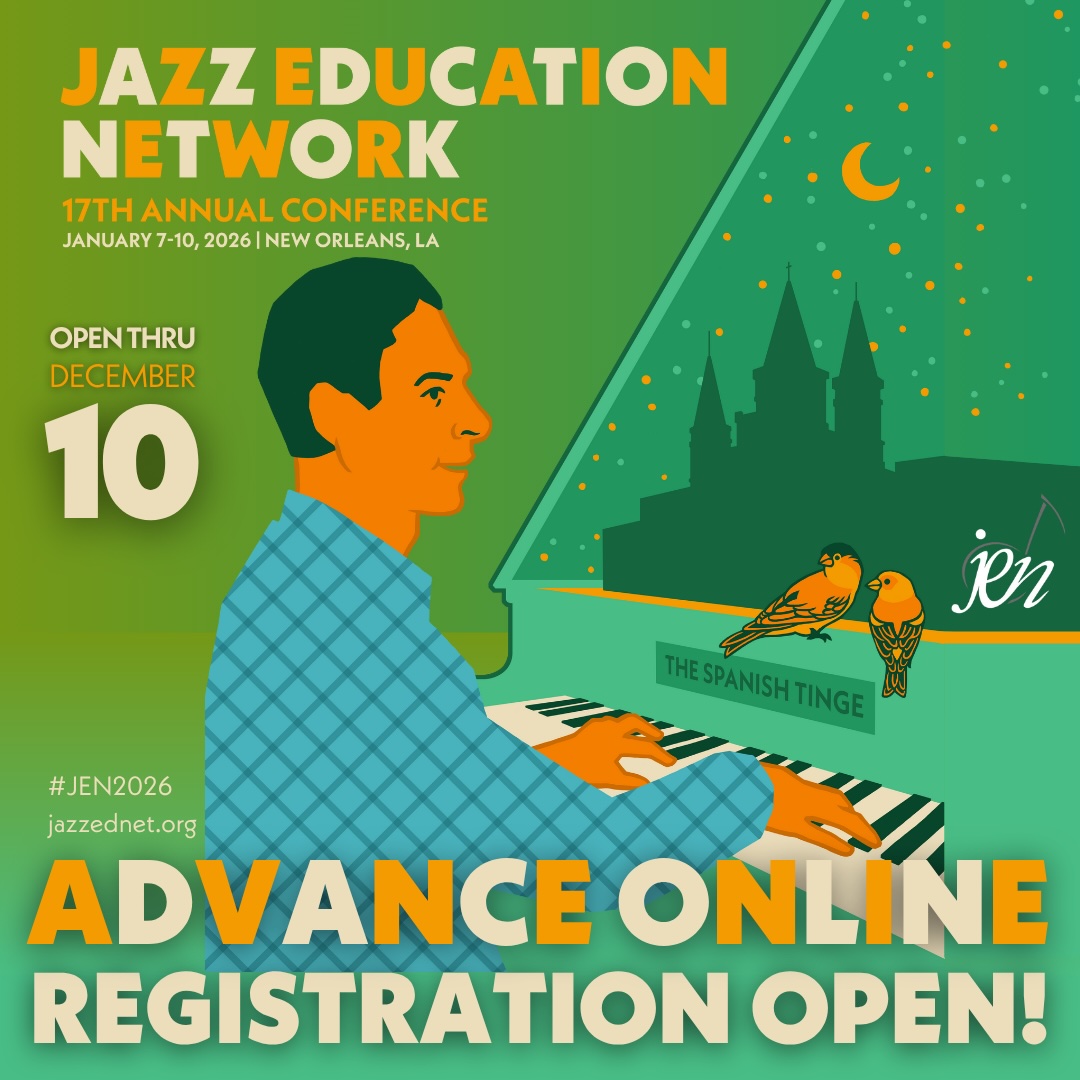Oct 28, 2025 10:47 AM
In Memoriam: Jack DeJohnette, 1942–2025
Jack DeJohnette, a bold and resourceful drummer and NEA Jazz Master who forged a unique vocabulary on the kit over his…
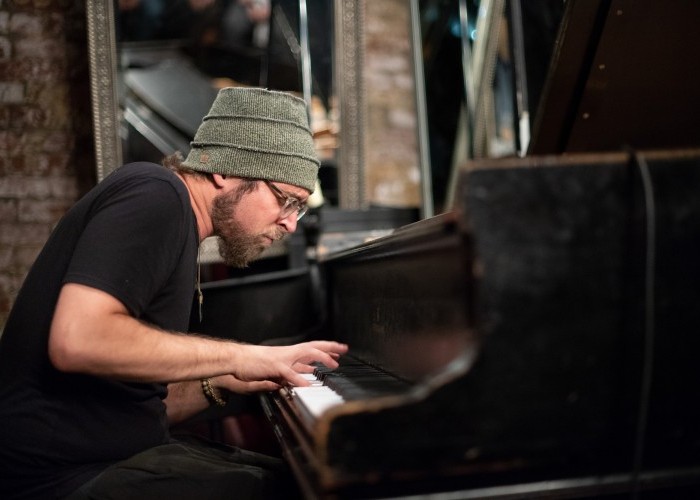
Keyboardist Aaron Parks, bassist David “DJ” Ginyard, guitarist Greg Tuohey and drummer Tommy Crane collaborated on Little Big.
(Photo: Steve Sussman)Seventeen years into a distinguished career in the jazz business, Aaron Parks, 34, now focuses on his own projects, and is increasingly selective about making long-term commitments to other artists’ bands.
Midway through August, though, Parks accepted an invitation from guitarist Kurt Rosenwinkel, his steady employer between 2008 and 2015, to do a six-night run at the Village Vanguard in quartet with bassist Eric Revis and drummer Allan Mednard. Alternating between the Vanguard’s Steinway and his own Wurlitzer and a laptop with keyboard controller that accessed sounds he’d crafted in Repro-1, Parks offered a master class in fulfilling the sideman function. While stating the melody-saturated themes, he found textures that blended seamlessly with Rosenwinkel’s luscious harmonies and searing tone; as the leader soloed, he anticipated, processed and instantly responded to every permutation. He asserted his own instrumental voice, an instantly recognizable marker on the jazz soundscape, on a series of contextually appropriate declamations, developing ideas with thematic cohesion, logic and concision.
The effect mirrored the feeling Parks projects on Aaron Parks’ Little Big (Ropeadope), named for the plugged-in quartet Parks has assembled in recent years with guitarist Greg Tuohey, electric bassist David “DJ” Ginyard and drummer Tommy Crane. On the double-vinyl edition, they play 15 songs (14 on the CD) culled from Parks’ sizable corpus, with eloquent melodies to which it’s easy to imagine the application of a lyric. For the most part, the rhythm section is less interactive than complementary, postulating strong beats, declarative gestures and an expansive timbral palette.
Little Big is Parks’ follow-up to his 2008 leader debut, Invisible Cinema (Blue Note), recorded with guitarist Mike Moreno, bassist Matt Penman and drummer Eric Harland. The quartet interpreted and improvised upon Parks’ cogent refractions of indie rock, hip-hop, electronica and Bulgarian music. The CD quickly assumed signpost stature for a sizable cohort of Parks’ Generation X and millennial peer group.
“The way Aaron orchestrated melodies between guitar and piano changed the way people wrote songs, especially in the ‘modern jazz’ world,” said pianist James Francies, 23, who roomed with Parks from 2015 until this summer.
“I feel like the wheel of life is in Aaron’s music,” Rosenwinkel testified. “When I think of the word ‘genius,’ I think of a connection to nature, that nature can express itself undisturbed through human activity. I feel that in Aaron’s playing. He illuminates natural shapes and figures. His intuitive understanding is so strong and powerful that it’s always informing his technique, which is homegrown. He has a high-level intellect, which serves to embrace and give headroom to his daydreams.”
Parks does much of his daydreaming in the music room on the lower floor of his duplex in Brooklyn’s Cobble Hill district, where DownBeat visited him.
First, Parks traced the project’s backstory. For various reasons, both personal and economic, Parks never toured with the Invisible Cinema band. Instead, he joined forces with Penman, Harland and saxophonist Joshua Redman in the still-active collective James Farm.
“It felt like I needed to find something else for my own thing, although in working out the ideas from Invisible Cinema with them, I found what worked and what didn’t,” Parks recalled. “So, James Farm played a role in how I wanted to move forward with [the band] Little Big.”
During his time with Rosenwinkel, Parks recorded the hardcore jazz trio album Alive In Japan (2012) with bassist Thomas Morgan and drummer R.J. Miller, and the impressionistic, Paul Bley-esque ECM solo recital Arborescence (2014). In 2017, ECM released Find The Way, documenting a shamanistic trio with Ben Street on bass and Billy Hart on drums. But Parks never stopped absorbing, as Rosenwinkel put it, “underground, creative, indie rock, eclectic music.”
“In 2012, I was feeling a strong pull to engage much more with swinging, which brought me into this music in the first place,” Parks said. “But I started to record some songs that didn’t fit into that—needed more specific ideas from the drums, for example. I used various formations—each one had strengths and beautiful things of their own, but none of them quite felt exactly like a band in the way I was looking for. It took a long time to find the right people, and then work with them to bring this stuff together.”
He credited Crane’s off-the-grid, loose-but-not-loose time feel, as well as his ability “to internalize the drum parts and make them feel alive, full of surprise and a raw energy I don’t always hear in combination with rock and electronica grooves,” as key to animating his songs. Friends since they met at a summer workshop at Manhattan School of Music in 1999, Parks and Crane did several post-Invisible Cinema sojourns in Europe with bassist Matt Brewer. Then they reunited in the Little Big project in 2013.
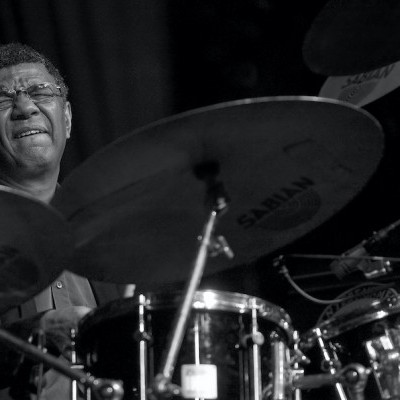
Jack DeJohnette boasted a musical resume that was as long as it was fearsome.
Oct 28, 2025 10:47 AM
Jack DeJohnette, a bold and resourceful drummer and NEA Jazz Master who forged a unique vocabulary on the kit over his…
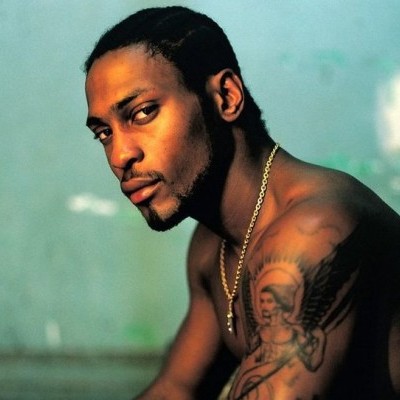
D’Angelo achieved commercial and critical success experimenting with a fusion of jazz, funk, soul, R&B and hip-hop.
Oct 14, 2025 1:47 PM
D’Angelo, a Grammy-winning R&B and neo-soul singer, guitarist and pianist who exerted a profound influence on 21st…
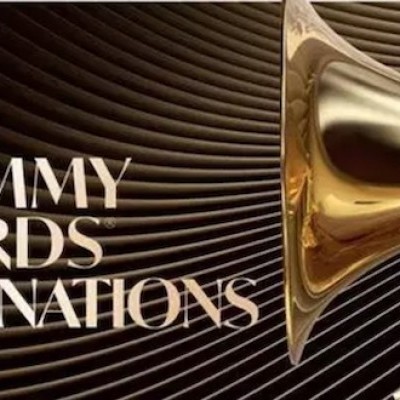
To see the complete list of nominations for the 2026 Grammy Awards, go to grammy.com.
Nov 11, 2025 12:35 PM
The nominations for the 2026 Grammy Awards are in, with plenty to smile about for the worlds of jazz, blues and beyond.…
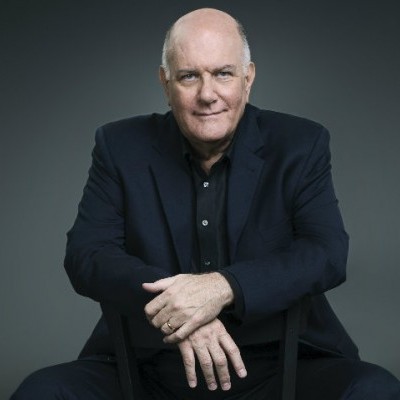
Jim McNeely’s singular body of work had a profound and lasting influence on many of today’s top jazz composers in the U.S. and in Europe.
Oct 7, 2025 3:40 PM
Pianist Jim McNeely, one of the most distinguished large ensemble jazz composers of his generation, died Sept. 26 at…
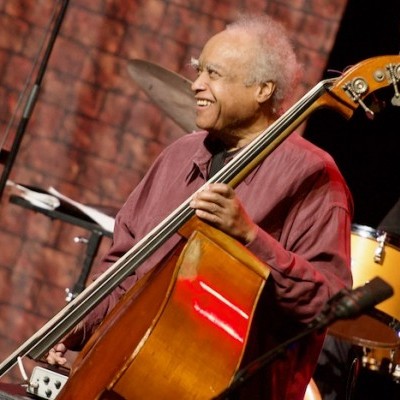
Drummond was cherished by generations of mainstream jazz listeners and bandleaders for his authoritative tonal presence, a defining quality of his style most apparent when he played his instrument unamplified.
Nov 4, 2025 11:39 AM
Ray Drummond, a first-call bassist who appeared on hundreds of albums as a sideman for some of the top names in jazz…

